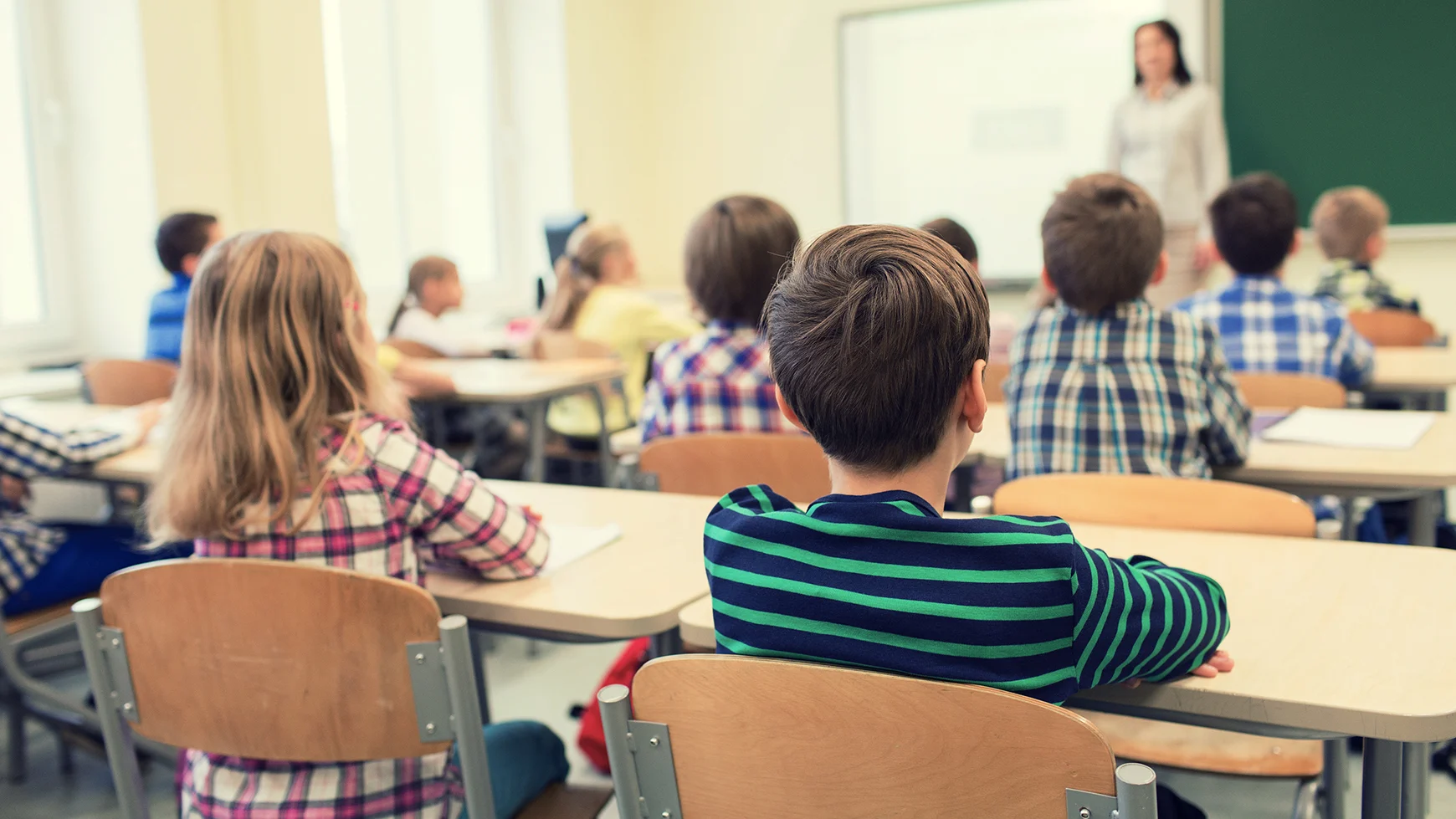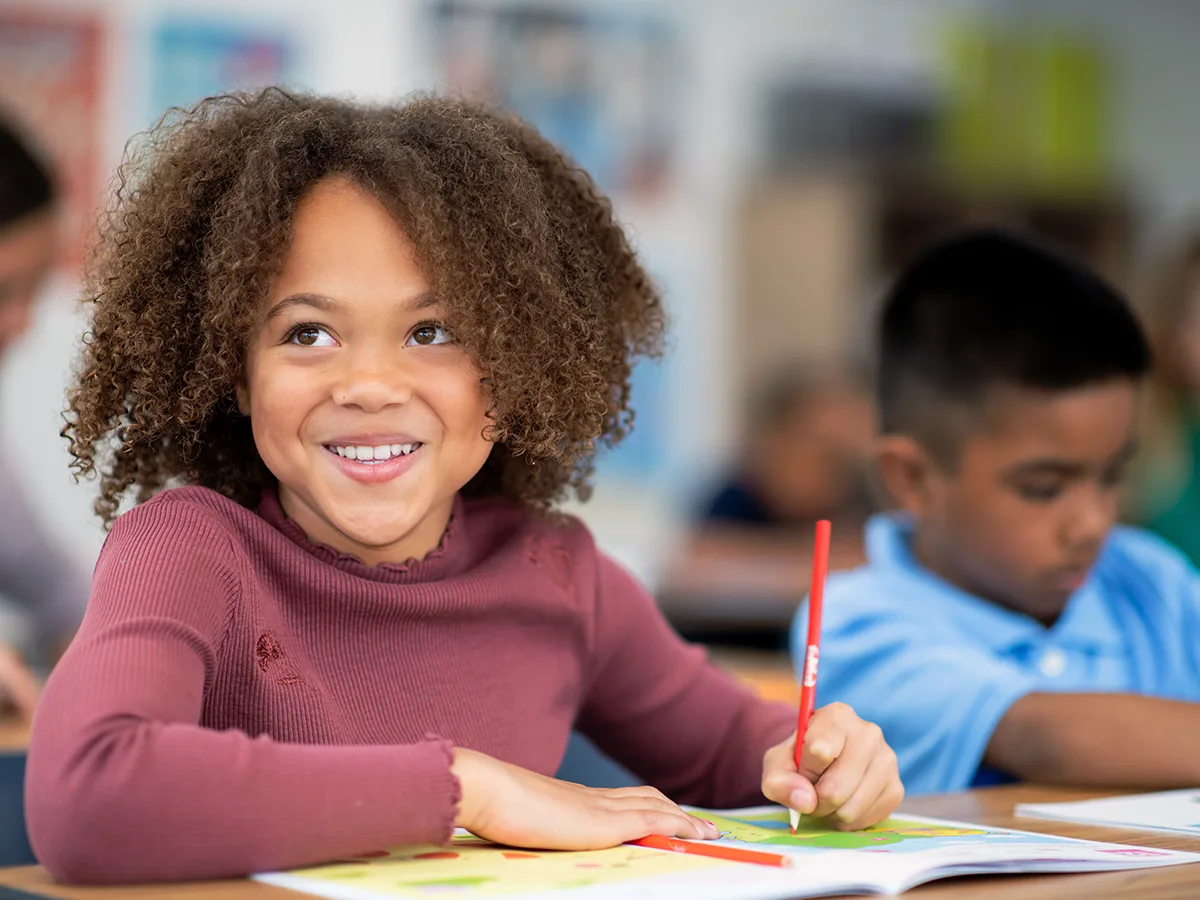Innovative Solutions to Save Temecula Schools from Budget Cuts
Innovative Solutions to Save Temecula Schools from Budget Cuts
Blog Article
The Effect of Institution Environments on Academic Success and Personal Wellness
The layout of academic rooms, including natural lighting and ergonomic furniture, can enhance trainees' concentration and convenience. Exactly how can colleges purposefully enhance these facets to much better sustain their students?
Physical Format and Style
How does the physical layout and design of a school effect academic success? The arrangement and aesthetic of a school atmosphere can significantly influence pupils' discovering results. A well-designed institution layout advertises convenience of activity, reduces diversions, and promotes a feeling of security and belonging. Wide hallways and clearly significant locations promote smooth transitions between classes, reducing lateness and disruption. Furthermore, purposefully put usual locations motivate social communications, which are important for social and emotional growth.
All-natural illumination and reliable ventilation systems are pivotal in boosting cognitive function and lowering absenteeism. Researches have revealed that classrooms with sufficient all-natural light boost student concentration and reduce feelings of sleepiness. Additionally, ergonomic furnishings customized to students' requirements can prevent physical discomfort, permitting prolonged focus and interaction in scholastic tasks.
Access to outdoor areas and visually pleasing surroundings additionally play a vital role - Save Temecula Schools. Environment-friendly spaces and well-kept institution grounds provide opportunities for physical workout and mental leisure, both of which are essential for keeping high degrees of scholastic performance. In significance, an attentively created physical atmosphere can function as a stimulant for academic quality, fostering an environment that sustains both mentor and understanding
Classroom Atmosphere
A favorable class ambience is essential to attaining academic success. A setting that fosters a sense of safety, inclusivity, and mutual regard motivates pupils to involve more proactively in their understanding processes. The atmosphere of a classroom, consisting of elements such as lighting, noise levels, and seating setups, can dramatically influence student focus and inspiration. A well-ventilated, well-lit classroom with marginal interruptions can enhance cognitive function and reduce stress, therefore advertising far better academic outcomes.
Furthermore, the classroom environment must sustain a culture of cooperation and open interaction. They are much more likely to involve deeply with the product and create critical assuming abilities when trainees feel comfy revealing their ideas and asking inquiries. Peer communications and group tasks can boost knowing by providing diverse viewpoints and fostering team effort
Additionally, developing clear expectations and constant routines can create a structured atmosphere that allows students to concentrate on their research studies. By lessening uncertainty and providing a foreseeable structure, students can better manage their time and duties. Inevitably, a positive class ambience not only enhances academic performance yet also adds to the general wellness of trainees, preparing them for future educational and personal endeavors.
Teacher-Student Relationships
Building on the value of a favorable class ambience, the partnerships in between pupils and instructors play a critical function in shaping academic success. A healthy teacher-student connection fosters a discovering environment where pupils feel valued, recognized, and supported, which substantially improves their inspiration and involvement. When pupils perceive their educators as friendly and compassionate, they are most likely to take part proactively in class and look for assistance when needed, adding to a deeper understanding of the topic.

This trust fund enables pupils to share their worries and ideas freely, fostering a joint understanding atmosphere. In essence, solid teacher-student relationships are a foundation of instructional success, playing an essential role in both scholastic achievement and individual development.
Peer Interactions
Peer interactions significantly influence academic success by forming a trainee's social and cognitive development. Positive peer communications can enhance a trainee's inspiration and interaction in academic tasks with joint learning and shared assistance.

Reliable peer find out here now interactions also add to the development of necessary life abilities, such as interaction, collaboration, and conflict resolution. These social expertises are critical for both academic success and individual health, underscoring the significance of promoting favorable peer characteristics within the institution environment.
Extracurricular Activities
Engaging in extracurricular tasks plays a critical role in a pupil's scholastic success and individual growth. Research study constantly shows that students that take part in extracurricular activities tend to achieve higher academic efficiency.
Additionally, extracurricular involvement cultivates a feeling of belonging and neighborhood, which is important for personal health. look here Taking part in group activities enables trainees to build and strengthen social media networks, boosting their psychological and social knowledge. These communications are essential for establishing social abilities that are useful in both scholastic and future professional atmospheres.
Furthermore, after-school activities supply a constructive outlet for trainees to explore their rate of interests and interests past the typical curriculum. This expedition can cause the exploration of new talents and potential occupation courses, better encouraging pupils to involve more deeply in their scholastic work. To conclude, the role of after-school activities prolongs past mere leisure; they are essential to fostering an all natural educational experience that promotes both scholastic success and individual development.
Conclusion
Thoughtfully made physical formats and classrooms, along with positive teacher-student relationships and constructive peer communications, significantly boost student motivation and involvement. These elements jointly emphasize the importance of producing and maintaining ideal institution environments for the advantage of pupils' individual and academic development.
Ultimately, a positive classroom environment not just enhances academic efficiency but also adds to the total well-being of pupils, preparing them for future instructional and individual endeavors.

Report this page